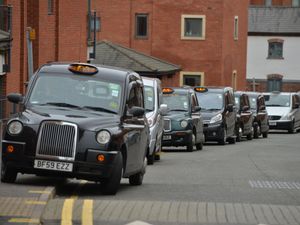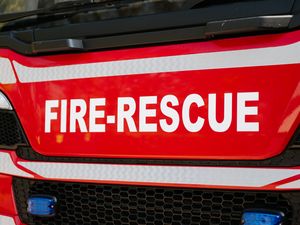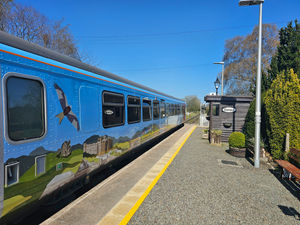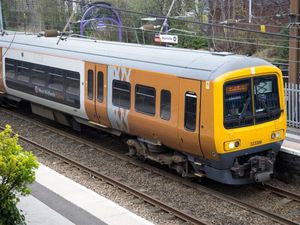Licence fees for taxis to rise in Shropshire following committee approval
Licence fees for taxis are going up in Shropshire.
Watch more of our videos on ShotsTV.com
and on Freeview 262 or Freely 565
The council’s Strategic Licensing Committee approved the recommendations at its meeting on Wednesday (March 5).
However, for some operators, it means they would have to pay more to renew their licence than someone would is applying for a new one.
For example, the latter for up to and including 31 vehicles and one base will cost £375 (up from £328), whereas a renewal for the same fleet would be £417 (up from £371).
However, for larger operators, it costs more for a new application to be processed than a renewal.
One private hire operator, who has up to and including 30 vehicles, asked why they are being treated differently.

“I honestly don’t care what the actual cost of any licence is but having a higher cost for a renewal of any licence than for a new license doesn’t make sense,” reads a letter to the council’s licensing department.
“I spoke to a licensing officer recently who attempted to explain that the difference was due to the volume of applications for renewals being higher than for new applications, and the overall ‘cost’ to your department is then split between the amount of licence applications.
“It was then stated, as I’ve heard many times, that the department cannot make a profit from issuing licences. There are surely many more renewals
than new applications, therefore the cost per license would be cheaper for renewals?
“The concerning issue for me, is that the decision for these fees isn’t made by just one person. Meetings will have been had and the fees discussed at length, yet the outcome is a proposal that to most people would be seen as ill thought out and nonsensical.”
Speaking at the licensing committee, Mandy Beever, transactional and licensing team manager at Shropshire Council, said: “We incorporate everything to do with the processing of licensing applications, whether that’s officer time, opening post, and the proportion of the committee meetings that are held.
“Within that process, the renewals have an extra stage because we send a renewal pack out to trade. So that is an additional cost.
“In addition to that, we are allowed to charge extra fees to offset surplus and deficits within the renewals which aren’t attracted in the new applications.
“That is why renewals are slightly more expensive than new applications.
“Overall, we’re slightly in deficit with the taxi trade. Some of the reasons for that the legislation changed from a three-year operating license to a five year.
“Fudamentally, the council reduced the number of fees coming through.”
The committee approved the report.




